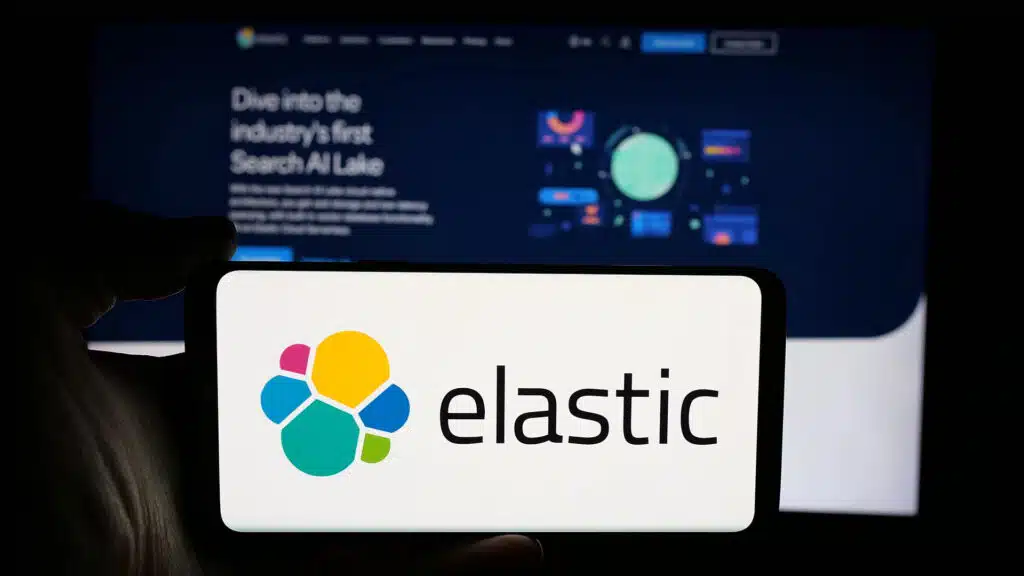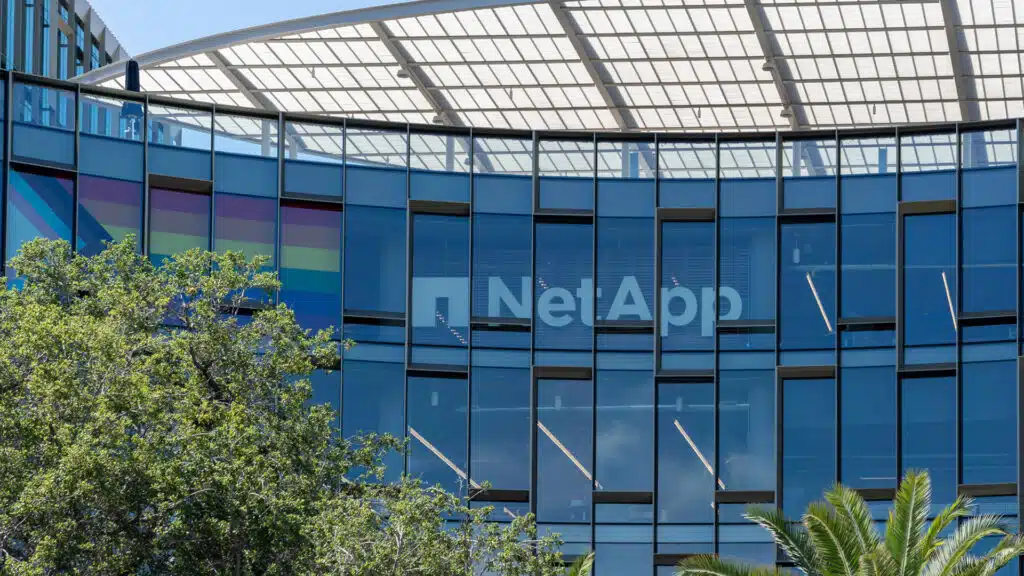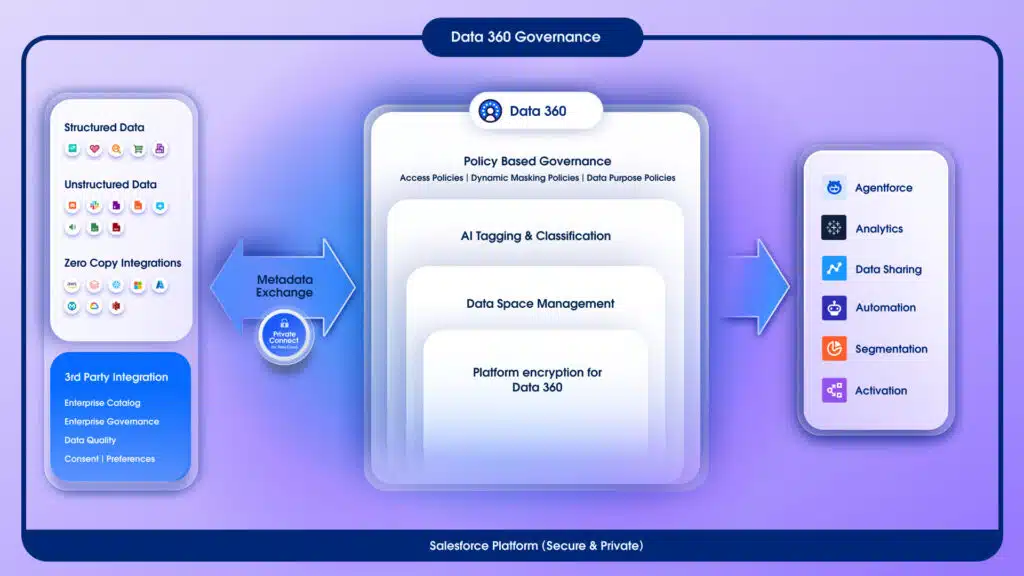The News: Announcements at Red Hat Summit introduced enhancements to Red Hat OpenShift AI, aiming to streamline container orchestration and workflows. To read more, visit the original press release here.
Red Hat Unveils OpenShift AI Integration for Enhanced Automation
Analyst Take: The Red Hat Summit demonstrated the company’s dedication toward improving OpenShift’s functionalities through the integration of artificial intelligence (AI) technology. These announcements signify an advancement in the automation and optimization of container management and workflow operations in hybrid cloud settings.
What Was Announced
During the Red Hat Summit, announcements were made addressing the progress of OpenShift and its incorporation of AI capabilities. One of the main highlights was the introduction of enhancements to Red Hat OpenShift AI, which aim to simplify the management of container orchestration and processes. These enhancements are purposefully designed to automate several areas of container management and workflow procedures. These additions provide a collection of tools designed for the AI era, with a particular emphasis on efficient management of many models, streamlined deployment at the edge, and accelerated model training and tuning.
In line with Red Hat’s overarching AI strategy, which prioritizes leveraging AI capabilities in hybrid cloud environments, these improvements highlight the company’s focus on promoting success in enterprise operations through AI integration. In addition, Red Hat’s Lightspeed program has expanded to include its platforms, such as OpenShift, which now incorporate advanced natural language processing capabilities specifically designed for GenAl processing. OpenShift Lightspeed is scheduled for a Technology Preview release in 2024, whereas RHEL Lightspeed is now in the planning phase. The incorporation of AI capabilities into Lightspeed and OpenShift AI has the potential to improve productivity and efficiency by automating operations associated with cluster administration and the operating system.
Red Hat unveiled InstructLab, an open-source community initiative focused on the development of GenAl models. Developers can contribute their talents through pull requests on this platform, and periodically, trained models are released. InstructLab promotes collaboration among developers and enhances AI capabilities in hybrid cloud environments by testing these skills to create synthetic data and train the community model. This effort neatly aligns with Red Hat’s overall AI strategy, which prioritizes community engagement and innovation in the field of AI.
Red Hat’s integration of its AI strategy into the OpenShift announcements demonstrates its overall commitment to utilizing AI to improve automation, productivity, and efficiency in hybrid cloud environments. Red Hat’s dedication to offering AI solutions is evident through initiatives such as Lightspeed, OpenShift AI, and InstructLab. These initiatives aim to enable developers and operations teams in effectively managing the intricacies of AI-driven deployments.
What This Means for Developers
The focus on automation in OpenShift, combined with the incorporation of AI capabilities, signals a change in development techniques. Developers now have the ability to optimize their workflows, automate monotonous processes, and dedicate more attention to innovation and problem-solving. The adoption of automation not only enhances productivity but also minimizes the possibility of mistakes, resulting in more dependable and efficient methods of development.
The implementation of InstructLab as a community project that is freely available for anybody to use highlights Red Hat’s dedication to promoting collaboration and creativity among developers. InstructLab empowers developers by offering a platform for them to contribute their talents, share knowledge, and collaboratively progress the development of the GenAl model. This allows developers to successfully utilize the potential of AI in their projects. The process of democratizing AI development not only speeds up the rate of invention but also guarantees that AI technologies are available and inclusive to developers from all backgrounds.
The fact that initiatives such as InstructLab are open source fosters openness, peer review, and information sharing, resulting in the development of AI models that are more resilient and dependable. Developers may utilize the combined knowledge and skills of the community to tackle challenges, explore creative ideas, and extend the limits of what can be achieved with AI. This methodology not only cultivates a feeling of togetherness but also propels ongoing advancement inside the realm of AI development.
The announcements made at the Red Hat Summit about automation, open source, and the implications of AI signify we are in a new phase in development. This phase provides developers with advanced tools, collaborative platforms, and state-of-the-art technology to foster innovation. Developers may harness the power of automation, utilize open source principles, and include AI skills to unlock novel opportunities, tackle complicated issues, and generate powerful solutions that promote positive change in the world.
Looking Ahead
The software development industry is undergoing significant changes, with AI emerging as a powerful force that is pushing automation and improving efficiency. With the growing adoption of hybrid cloud systems and containerized applications, there is a pressing demand for advanced automation solutions. By incorporating AI capabilities into platforms such as OpenShift, developers are able to enhance the efficiency of development and deployment processes, while also enabling the creation of more intelligent and flexible applications.
In the future, we expect a further transition toward the use of AI to automate different aspects of software development. AI has the capacity to transform every phase of the development lifecycle, from automating testing and deployment to optimizing resource allocation and scaling applications. This trend offers the potential to expedite the time it takes to bring a product to market and decrease the administrative burden. Additionally, it encourages innovation by liberating developers from monotonous activities and allowing them to concentrate on creative problem-solving.
The significance of open source initiatives such as InstructLab is considerable. Open source promotes collaboration, transparency, and innovation by making advanced technology accessible to everyone and allowing developers to benefit from the collective knowledge of the community. Open source projects are vital in the field of AI development as they contribute significantly to the progress of research, the dissemination of best practices, and the rapid integration of AI technology in many industries.
By adopting open-source principles, organizations can access a wide range of talented people, resources, and knowledge to propel AI innovation. Open-source projects offer an ideal environment for conducting experiments, collaborating, and exchanging ideas, which ultimately results in the development of AI solutions that are more resilient, dependable, and easily accessible. As the need for AI-powered automation increases, open-source projects will continue to be crucial components of the developer ecosystem. They allow developers to fully utilize AI’s capabilities in order to create advanced applications.
Disclosure: The Futurum Group is a research and advisory firm that engages or has engaged in research, analysis, and advisory services with many technology companies, including those mentioned in this article. The author does not hold any equity positions with any company mentioned in this article.
Analysis and opinions expressed herein are specific to the analyst individually and data and other information that might have been provided for validation, not those of The Futurum Group as a whole.
Other Insights from The Futurum Group:
Embracing Change: The Evolution of Linux and Red Hat’s Strategic Shift
Market Context: Kubernetes, Hyperscalers, and Red Hat OpenShift
Red Hat, Docker Ease Developer Experience with Testcontainers Cloud
Author Information
With over 25 years of experience, Paul has a proven track record in implementing effective go-to-market strategies, including the identification of new market channels, the growth and cultivation of partner ecosystems, and the successful execution of strategic plans resulting in positive business outcomes for his clients.







